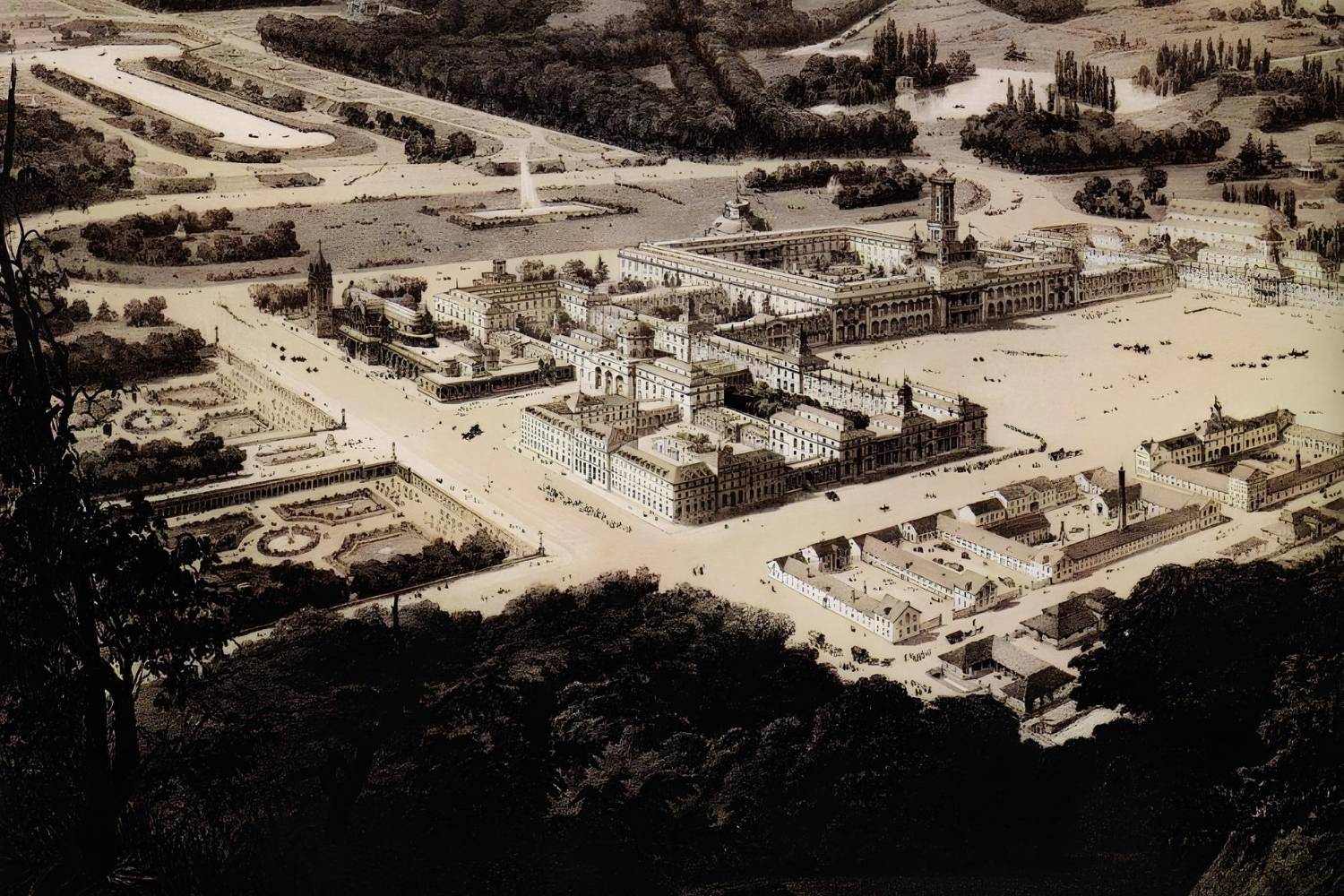Lost Utopian Communities Of Dallas: Forgotten 19th Century Experiments

Dallas, known for its modern skyline and bustling city life, hides a lesser-known past. In the 19th century, utopian communities sprouted around the area, each aiming to create a perfect society. These communities, driven by ideals of equality and shared resources, attracted people from various backgrounds. Some sought religious freedom, while others wanted to escape the growing industrialization of the time. Though these utopian experiments eventually faded, their stories remain a fascinating chapter in Dallas's history. Curious about what led to their rise and fall? Let's delve into the forgotten tales of these ambitious social experiments.
The Allure of Utopian Communities
In the 19th century, Dallas saw the rise of several utopian communities. These groups sought to create perfect societies based on their ideals. Though many have faded into obscurity, their stories remain fascinating.
La Réunion: A French Dream
La Réunion was one of the most ambitious utopian experiments in Dallas. Founded by French, Belgian, and Swiss settlers, this community aimed to blend European culture with American opportunity.
- La Réunion: Established in 1855 by Victor Considerant, this community hoped to create a socialist paradise. Settlers faced harsh conditions, leading to its collapse by 1857. Despite its failure, La Réunion left a lasting cultural impact on Dallas.
The Peters Colony: A Texan Venture
The Peters Colony was another significant attempt at creating a utopian society. This venture focused on attracting settlers to North Texas through land grants and promises of prosperity.
- Peters Colony: Founded in 1841 by the Texas Emigration and Land Company, this colony aimed to populate North Texas with European settlers. While not a utopian community in the strictest sense, it shared the idealistic vision of creating a thriving society. The colony faced legal disputes and logistical challenges but contributed to the growth of Dallas.
The Icarians: A French Revival
Inspired by the ideas of Étienne Cabet, the Icarians sought to establish a communal society based on equality and shared resources. Their journey brought them to Texas in search of a new beginning.
- Icaria: In 1848, a group of Icarians led by Étienne Cabet attempted to establish a utopian community near Denton, Texas. They envisioned a society where everyone worked for the common good. However, internal conflicts and harsh conditions led to the community's dissolution within a few years.
The Fisher-Miller Land Grant: A German Settlement
The Fisher-Miller Land Grant aimed to attract German settlers to Texas, offering them land and the promise of a better life. This venture combined utopian ideals with practical goals.
- Fisher-Miller Land Grant: Initiated in 1842, this grant sought to bring German immigrants to Texas. The settlers faced numerous challenges, including conflicts with Native American tribes and harsh living conditions. Despite these difficulties, the German influence remains evident in the region's culture and architecture.
The Nashoba Commune: A Radical Experiment
The Nashoba Commune, though short-lived, was a radical experiment in social reform. Founded by Frances Wright, this community aimed to address issues of slavery and women's rights.
- Nashoba Commune: Established in 1825 near Memphis, Tennessee, by Frances Wright, this commune later influenced utopian experiments in Texas. Wright's vision included the education and gradual emancipation of enslaved people. The commune faced significant opposition and disbanded by 1829, but its ideals continued to inspire future communities.
The Shakers: A Spiritual Endeavor
The Shakers, known for their religious fervor and communal living, made several attempts to establish communities in Texas. Their unique beliefs and practices set them apart from other utopian groups.
- Shaker Communities: In the mid-1800s, the Shakers attempted to establish settlements in Texas. Their strict religious practices and communal lifestyle attracted some followers but ultimately failed to sustain long-term communities. The Shakers' influence can still be seen in their contributions to American culture and craftsmanship.
The Owenites: A Vision of Equality
Inspired by the ideas of Robert Owen, the Owenites sought to create a society based on equality and cooperation. Their efforts in Texas reflected their commitment to these principles.
- Owenite Communities: In the 1820s and 1830s, followers of Robert Owen attempted to establish utopian communities in Texas. They believed in communal ownership and equal distribution of resources. Despite their noble intentions, these communities struggled to survive due to internal conflicts and external pressures.
The Fourierists: A Harmonious Society
The Fourierists, followers of Charles Fourier, aimed to create harmonious societies through cooperative living. Their experiments in Texas were part of a broader movement across the United States.
- Fourierist Phalanxes: In the 1840s, several Fourierist communities, known as phalanxes, were established in Texas. These communities sought to balance work and leisure while promoting social harmony. Despite initial enthusiasm, most phalanxes disbanded within a few years due to financial difficulties and leadership disputes.
Echoes of Forgotten Dreams
The lost utopian communities of Dallas offer a fascinating glimpse into the past. These 19th-century experiments were driven by dreams of creating perfect societies. Though they ultimately failed, their stories remain a testament to human ambition and creativity. Exploring these forgotten communities helps us understand the challenges and aspirations of those who came before us.
These communities, like La Reunion and the Reunion Colony, faced numerous obstacles. Harsh weather, financial troubles, and internal conflicts were just a few of the issues that led to their downfall. Despite these challenges, the legacy of these utopian experiments lives on in Dallas's history.
Remembering these communities reminds us that the pursuit of a better world is a timeless endeavor. While their dreams may have faded, the lessons learned from their experiences continue to inspire future generations. The echoes of their forgotten dreams still resonate today.

